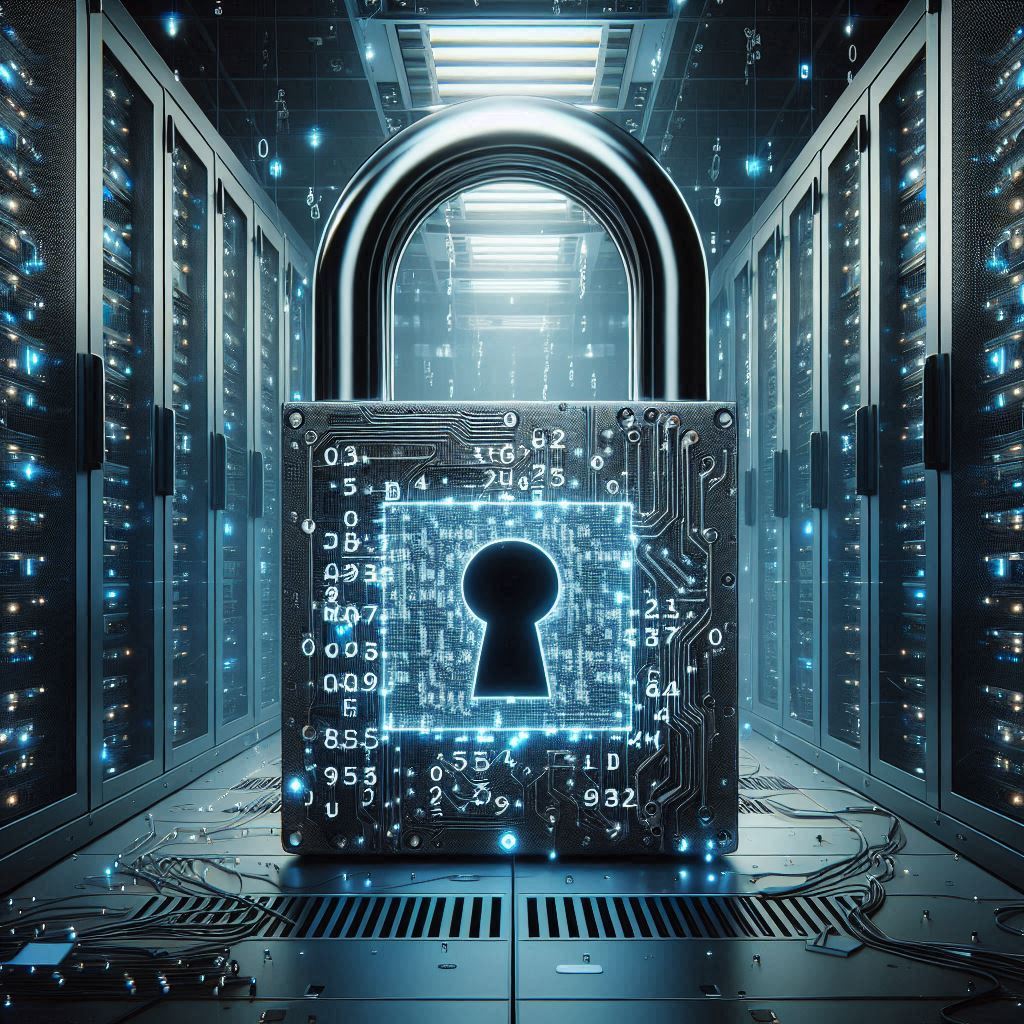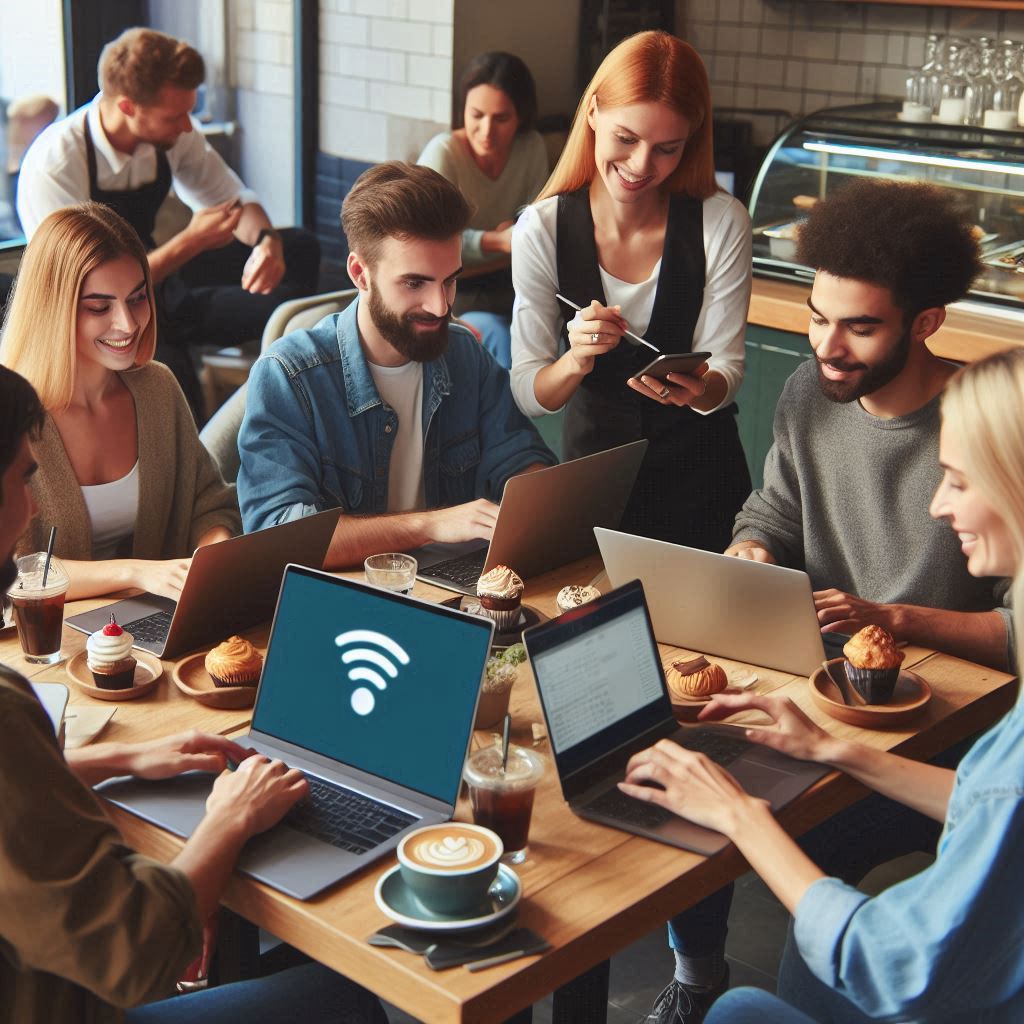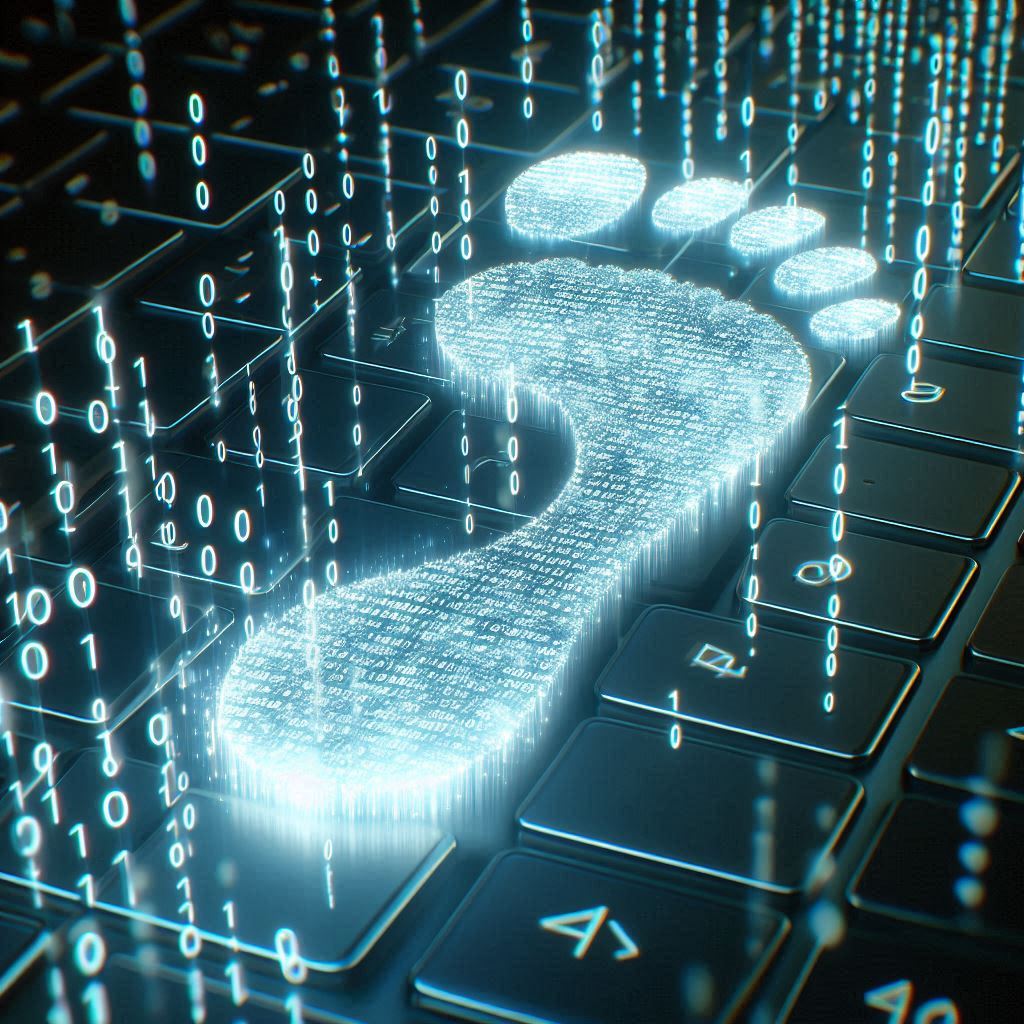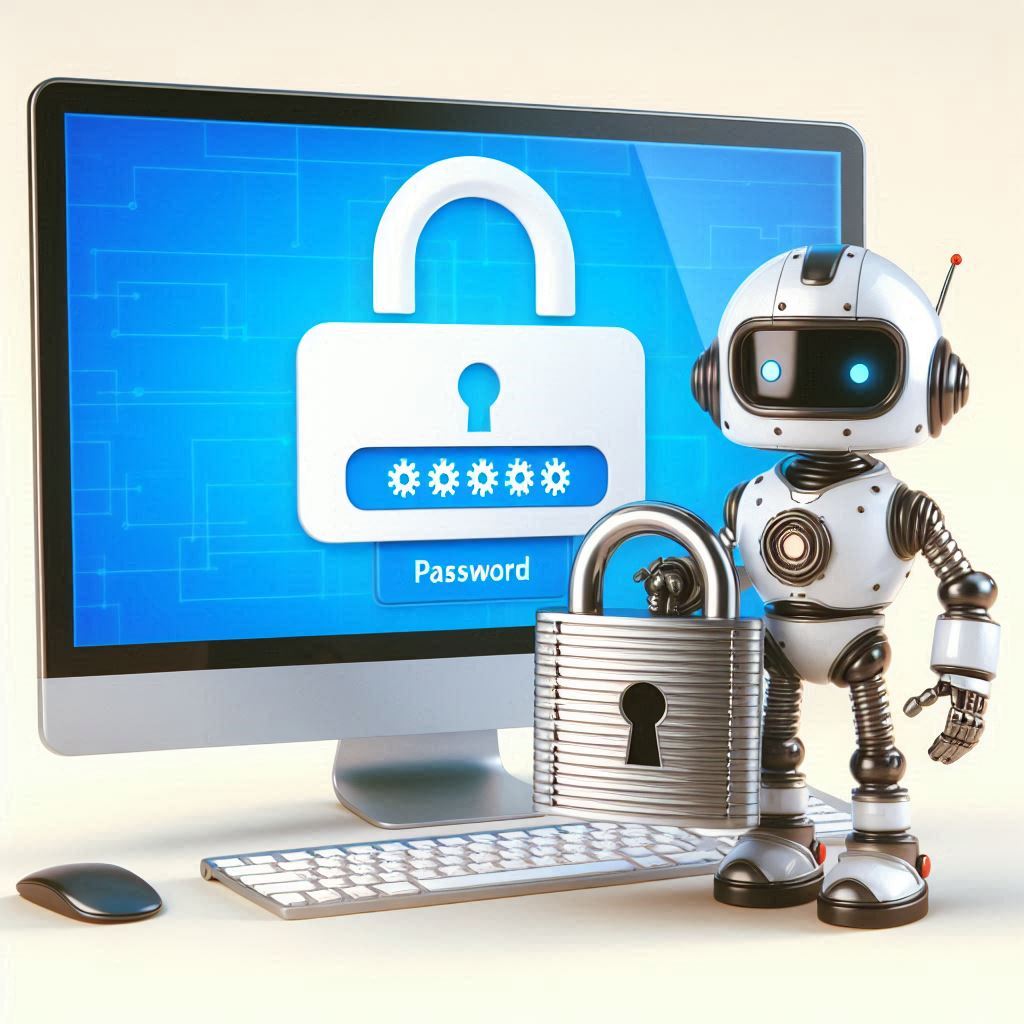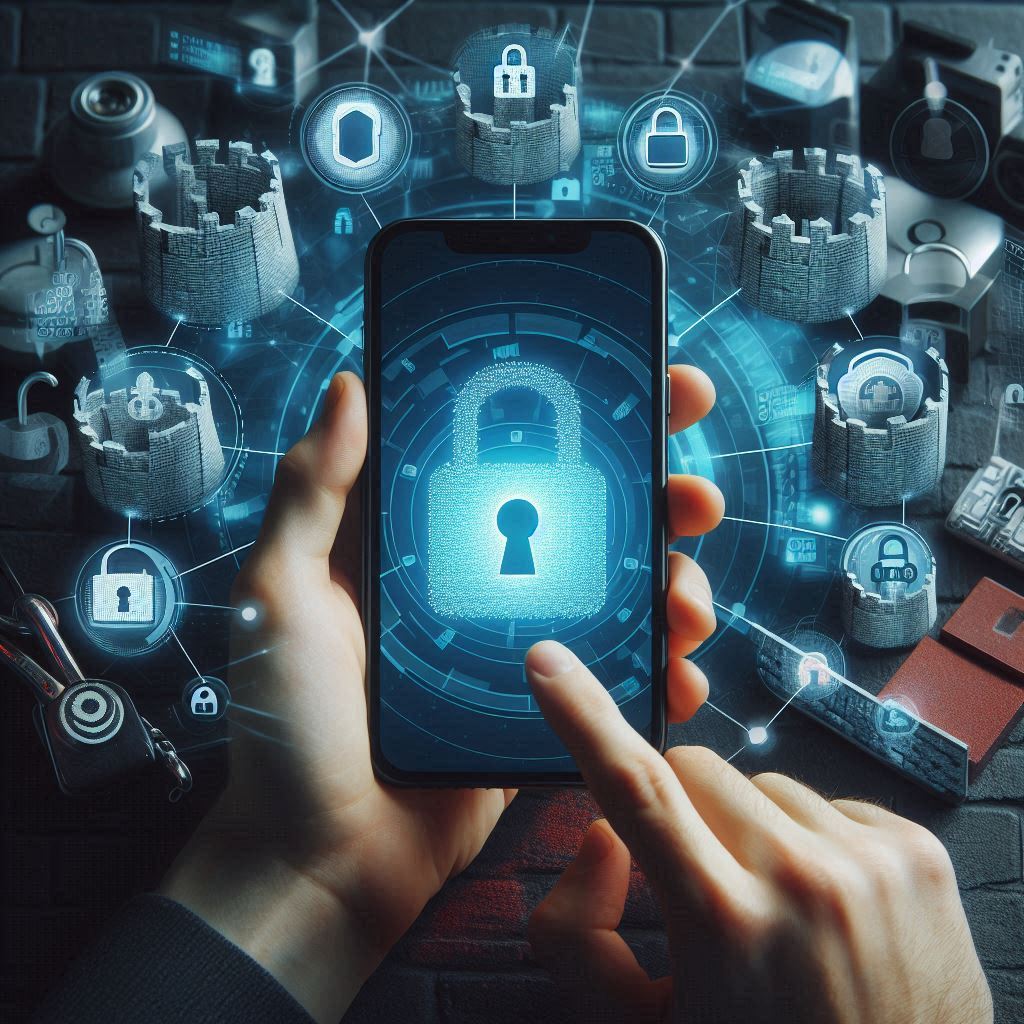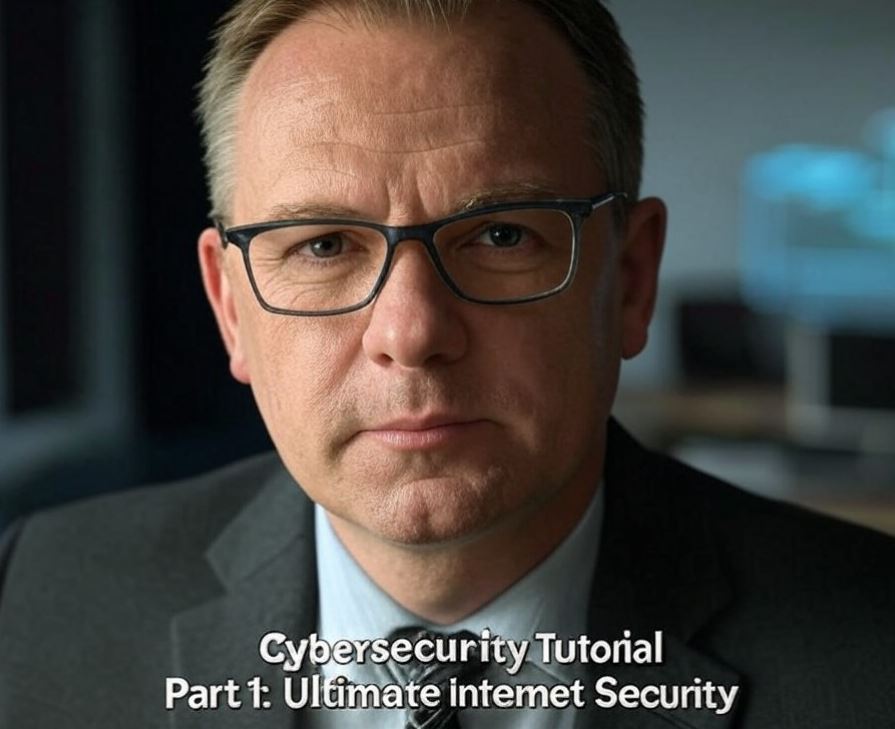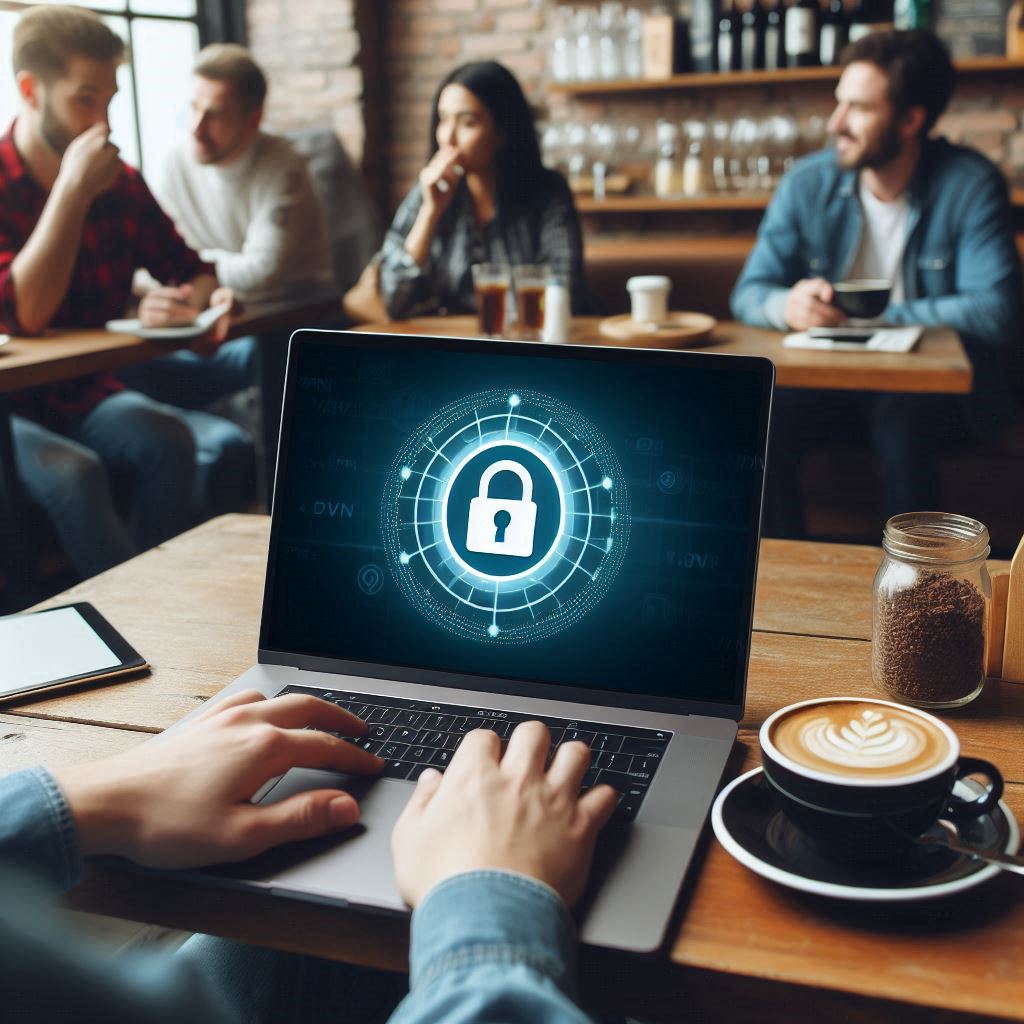
Understanding VPNs: Your Digital Shield
A Virtual Private Network (VPN) is a powerful tool that creates a secure, encrypted connection between your device and the internet. It acts as a protective tunnel, shielding your online activities from prying eyes and potential threats. In an age where digital privacy is increasingly under siege, VPNs have become essential for anyone concerned about their online security and freedom.
The Mechanics of VPN: How It Works
When you connect to a VPN, your internet traffic is routed through an encrypted tunnel to a server operated by the VPN provider. This server acts as an intermediary between you and the internet, masking your true IP address and location. As a result, websites and online services see the VPN server's information instead of yours, adding a crucial layer of anonymity to your online presence.
Key Benefits of Using a VPN
Enhanced Privacy and Security
One of the primary reasons to use a VPN is to protect your personal information from cybercriminals, hackers, and other malicious entities. By encrypting your data, VPNs make it extremely difficult for anyone to intercept or decipher your online communications, especially when using public Wi-Fi networks.
Bypassing Geographical Restrictions
VPNs allow you to access content that might be restricted in your geographical location. By connecting to servers in different countries, you can bypass censorship and access websites, streaming services, and other online content that may be blocked in your region.
Protection from ISP Tracking
Internet Service Providers (ISPs) often track and log their users' online activities. A VPN prevents your ISP from seeing what you're doing online, ensuring your browsing history remains private.
Safe Remote Work
For businesses and remote workers, VPNs provide secure access to company networks and resources from any location, ensuring sensitive data remains protected even when accessed outside the office.
When Do You Need a VPN?
Public Wi-Fi Usage
Whenever you connect to public Wi-Fi networks in cafes, airports, or hotels, a VPN is crucial. These networks are often unsecured and can be easily exploited by hackers to steal your personal information.
Online Banking and Shopping
For any financial transactions or when sharing sensitive information online, a VPN adds an extra layer of security, reducing the risk of data theft.
Traveling Abroad
When traveling to countries with strict internet censorship or surveillance, a VPN can help you maintain access to your usual online services and protect your privacy.
Torrenting and P2P File Sharing
If you engage in peer-to-peer file sharing, a VPN can protect your identity and prevent your ISP from throttling your connection based on your online activities.
Choosing the Right VPN
When selecting a VPN, consider factors such as:
- Security protocols and encryption standards
- Server locations and numbers
- Speed and performance
- Privacy policy and logging practices
- Price and value for money
Look for VPNs that offer strong encryption, a wide range of server locations, and a strict no-logs policy to ensure your online activities remain truly private.
Potential Drawbacks of VPNs
While VPNs offer numerous benefits, it's important to be aware of potential drawbacks:
- Slight reduction in internet speed due to encryption and routing
- Some websites and services may block VPN traffic
- Free VPNs may have limited features or questionable privacy practices
Conclusion: A Necessary Tool in the Digital Age
In an era where online privacy and security are constantly under threat, a VPN has become an essential tool for anyone who values their digital freedom and personal information. By understanding what a VPN is and how it protects you, you can make informed decisions about your online safety and take control of your digital footprint. Whether you're a casual internet user, a business professional, or a privacy enthusiast, incorporating a VPN into your online routine is a smart step towards a more secure and private digital life.
Tips on SEO and Online Business
Next Articles
Previous Articles
